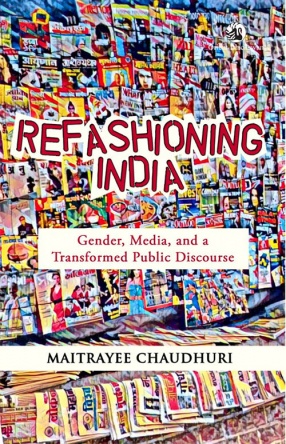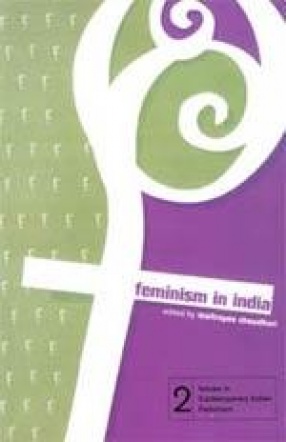In 1991, the Indian state’s new economic policies led to a greater role of the market. A public discourse that had till then been defined by self-reliance, equity and austerity had to be refashioned. The Indian middle class learnt that ‘thrift’ was not a virtue, and ‘shopping was legitimate pleasure’.
This period witnessed other significant developments: the rise of Hindutva; assertion of marginalised castes; and increasing institutionalisation of feminism. The book details how consumerism, combined with ideas of individualism, empowerment and choice in a contemporary public culture, paved the way for an instant, feel-good, and then aggressive nationalism.
Refashioning India maps this process through a compilation of the author’s works, written at different points in time from the early 1990s, through the next two decades up to mid-2017.
The chapters offer detailed studies of advertisements; everyday details in the English-language print media; the communicative abundance of television; the dangers of instant access and unequal ignorance; and the dynamics of a transformed public sphere.
Refashioning India provides a chronicle of contemporary India, written by an author who is as much a participant member as an observer of everyday life in a changing India.







There are no reviews yet.